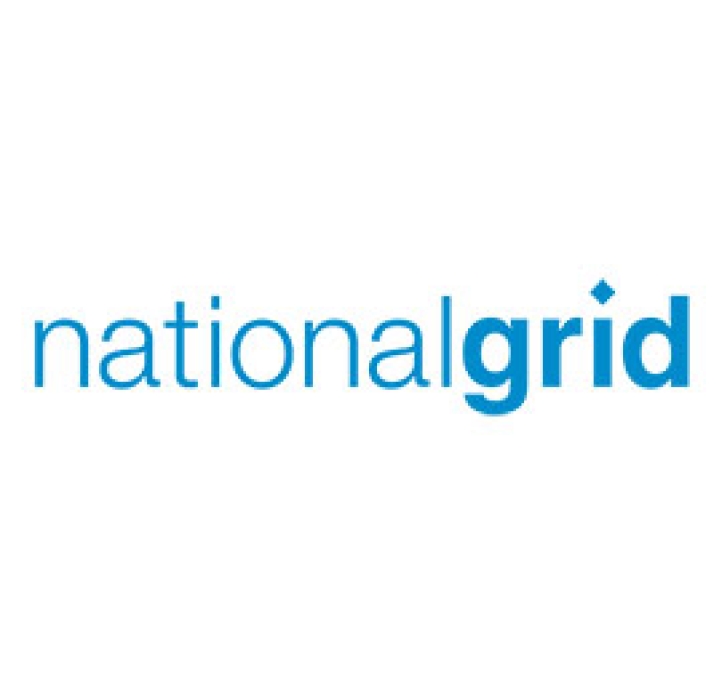Buffalo State University’s electronics and smart grid electrical engineering technology programs emphasize practice-based learning using state-of-the-art equipment, preparing graduates for a plethora of growing job options. Expert faculty use connections to cutting-edge technology industries to facilitate student internship opportunities, providing students even more hands-on experience. Our graduates not only understand real-world problem solving; they identify and use available technology to implement practical solutions.
Degrees Offered
Electrical Engineering Technology, Electronics, B.S.: prepares students to design, test, and fabricate solid-state circuits and systems (both digital and analog), communication systems, and control systems.
Electrical Engineering Technology, Smart Grid, B.S.: prepares students to work with the new, revolutionary "smart grid" system, as well as the current electric grid it will soon replace, preparing them to work in electrical power generation, transmission, and distribution; industrial, commercial, and residential electrical power distribution; as well as power systems protection, control, and monitoring.
Who Hires Our Students?






195,000
Annual projected job openings for architects and engineers
100%
Employment rate for Buffalo State engineering technology graduates within months of graduation
$68,705
Median salary for a Buffalo State engineering technology graduate 1 year after graduation
24
Maximum class size for an engineering technology course, allowing for individualized attention
State-of-the-Art Facilities and Technology
Our one-of-a-kind integrated Smart-Grid/Microgrid Lab allows undergraduate students to utilize RTDS (Real Time Digital Simulation) in senior projects. In addition, Buffalo State’s smart grid program utilizes ETAP Power Lab Program, an industry leading software package to solve engineering queries and provide hands-on experience that better prepares students to enter the workforce.
Be Part of Something Big
Eligible students may join the student branch of IEEE, the world’s largest technical professional society, which boasts more than 400,000 members.
Outside the Classroom
Students can join the Robotics Club, a community where they engage in hands-on robotics experiences, encouraging innovation, teamwork, and technical skills in a supportive and inclusive environment.
Share Your Work
EET students have numerous opportunities to share and display their work at professional conferences, including Buffalo State’s annual Student Research and Creativity Conference; St. Lawrence Section of the American Society for Engineering Education (ASEE)’s annual conference; and conferences hosted by IEEE and NSBE.
Graduate School Paths
Buffalo State’s EET programs have an agreement with the University at Buffalo for accelerated and seamless acceptance to its Master of Science in Electrical Engineering program. EET students are also regularly accepted into programs at Carnegie-Mellon University, Clarkson University, Johns Hopkins University, Ohio State University, University at Buffalo, University of Waterloo, Worcester Polytechnic Institute, and more.


The Electrical Engineering Technology, Electronics program is accredited by the Engineering Technology Accreditation Commission of ABET, under the commission’s General Criteria and Program Criteria for Electrical/Electronic(s) Engineering Technology and Similarly Named Programs.
The Electrical Engineering Technology, Smart Grid program is accredited by the Engineering Technology Accreditation Commission of ABET, under the commission’s General Criteria and Program Criteria for Electrical/Electronic(s) Engineering Technology and Similarly Named Programs.
